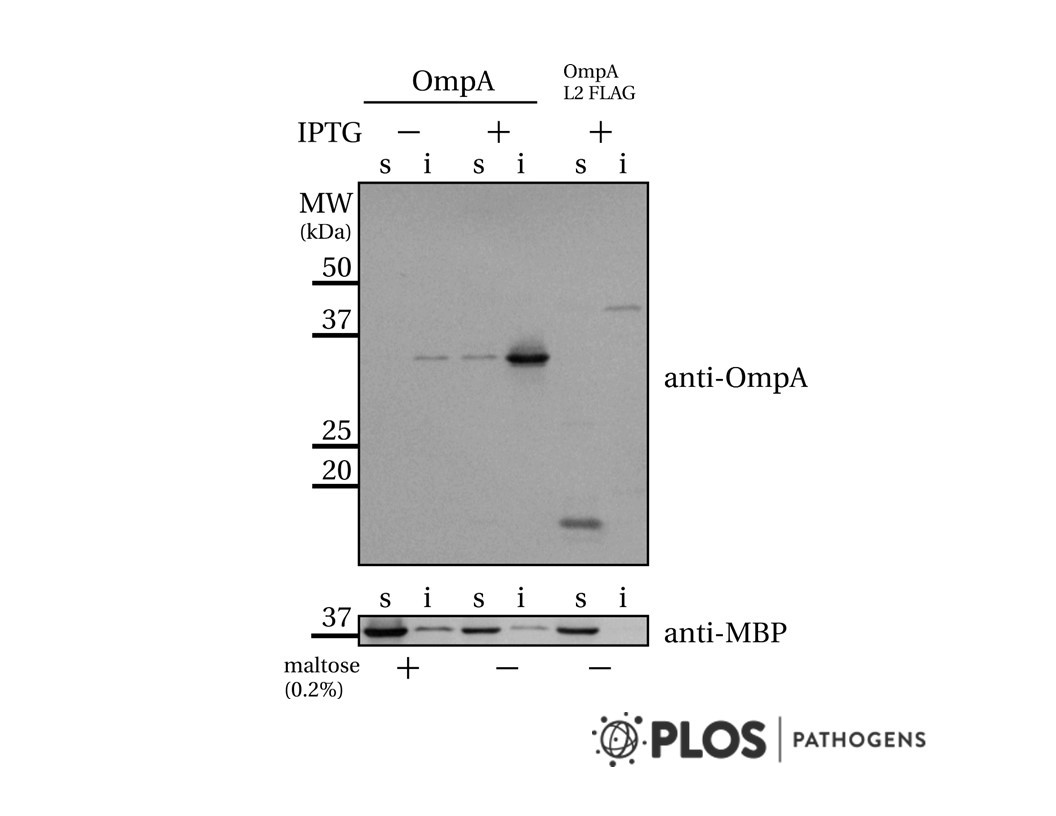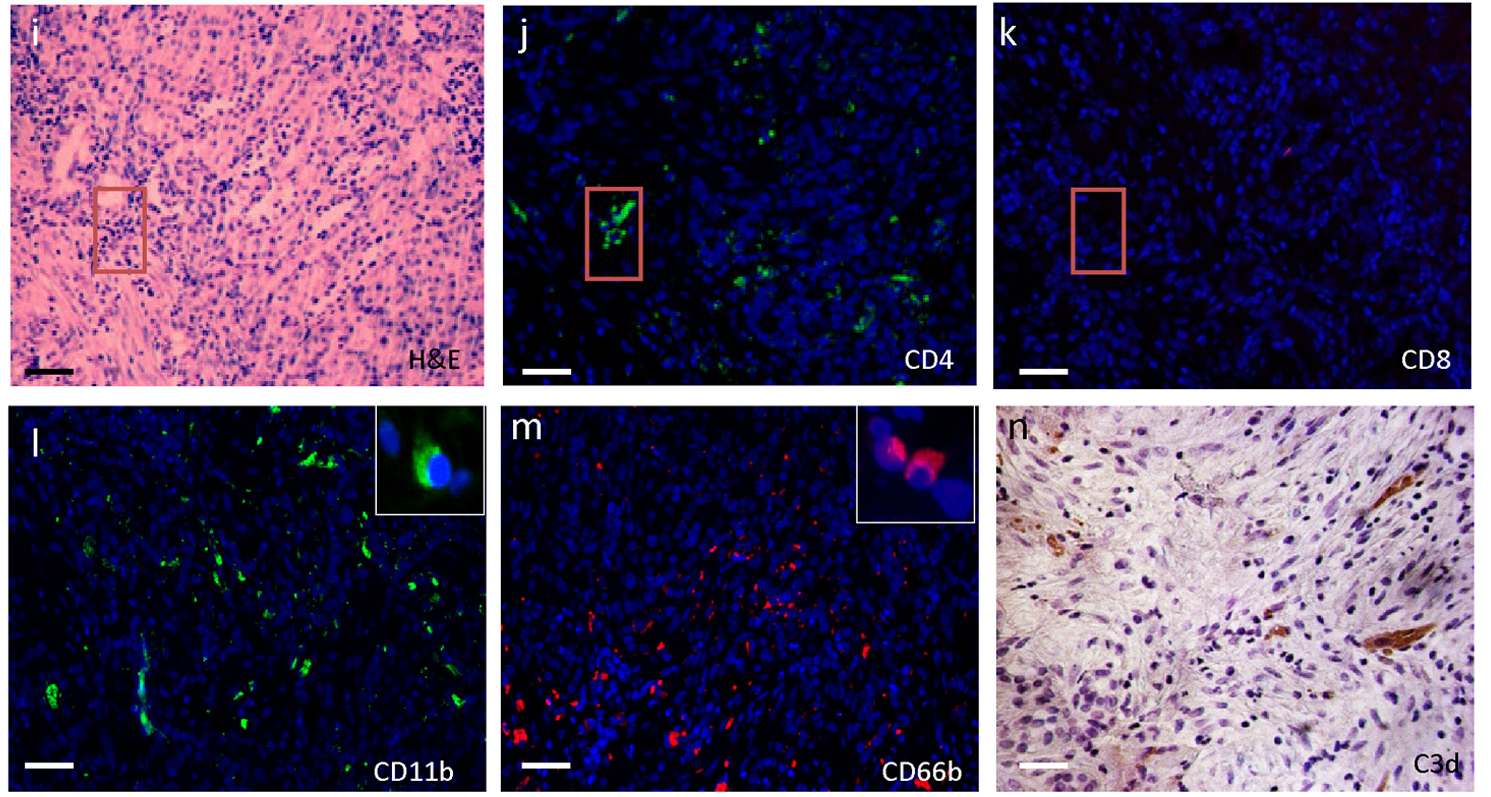Cat. #161582
Anti-CD109 monoclonal antibody [KU43.13A]
Cat. #: 161582
Sub-type: Primary antibody
Availability: 3-4 weeks
Target: CD109
Class: Monoclonal
Application: IHC, IF, IP, WB, ELISA, FACS
Reactivity: Human
Host: Mouse
£300.00
This fee is applicable only for non-profit organisations. If you are a for-profit organisation or a researcher working on commercially-sponsored academic research, you will need to contact our licensing team for a commercial use license.
Contributor
Inventor: Helmout Modjtahedi
Institute: Kingston University
Primary Citation: Arias-Pinilla et al. 2018. Oncotarget. 9(28): 19994ĂÂ20007. PMID: 29731998
Tool Details
*FOR RESEARCH USE ONLY (for other uses, please contact the licensing team)
- Name: Anti-CD109 monoclonal antibody [KU43.13A]
- Cancers detailed: Pancreatic cancer
- Research fields: Cancer
- Clone: KU43.13A
- Tool sub type: Primary antibody
- Class: Monoclonal
- Molecular weight: 170 KDa
- Reactivity: Human
- Host: Mouse
- Disease: Cancer
- Application: IHC, IF, IP, WB, ELISA, FACS
- Description: KU43.13A mAb detects CD109 antigen with high level of expression in some of the human pancreatic cell lines (e.g. BxPC-3, PANC-1, FA-6 and MIA PaCa-2)
- Immunogen: BxPC-3 cells
- Isotype: IgG2a
Target Details
- Target: CD109
- Molecular weight: 170 KDa
- Target background: CD109 is a glycosylphosphatidylinositol (GPI)-anchored glycoprotein that localizes to the surface of platelets, activated T-cells, and endothelial cells. It is highly expressed in cancers of various organs including the pancreas, lung, esophagus, uterine cervix, penis, and gallbladder, but hardly detectable in their normal tissues.
Applications
- Application: IHC, IF, IP, WB, ELISA, FACS
Handling
- Shipping conditions: Dry ice
Related Tools
- Related tools: KU44.22B monoclonal antibody
References
- Arias-Pinilla et al. 2018. Oncotarget. 9(28): 19994ĂÂ20007. PMID: 29731998
- Arias-Pinilla et al. 2020. Sci Rep. 10(1):537. PMID: 31953437

![Anti-CD109 monoclonal antibody [KU43.13A]](https://cancertools.org/wp-content/uploads/16158220-20755x50020-201.jpg)


![Anti-CAR Whitlow Linker [1C3C3]](https://cancertools.org/wp-content/uploads/Figure-6-Kimble-et-al.-J-Immunother-Cancer-2025-300x322.jpg 300w, https://cancertools.org/wp-content/uploads/Figure-6-Kimble-et-al.-J-Immunother-Cancer-2025-280x300.jpg 280w, https://cancertools.org/wp-content/uploads/Figure-6-Kimble-et-al.-J-Immunother-Cancer-2025-954x1024.jpg 954w, https://cancertools.org/wp-content/uploads/Figure-6-Kimble-et-al.-J-Immunother-Cancer-2025-768x824.jpg 768w, https://cancertools.org/wp-content/uploads/Figure-6-Kimble-et-al.-J-Immunother-Cancer-2025.jpg 1193w)


